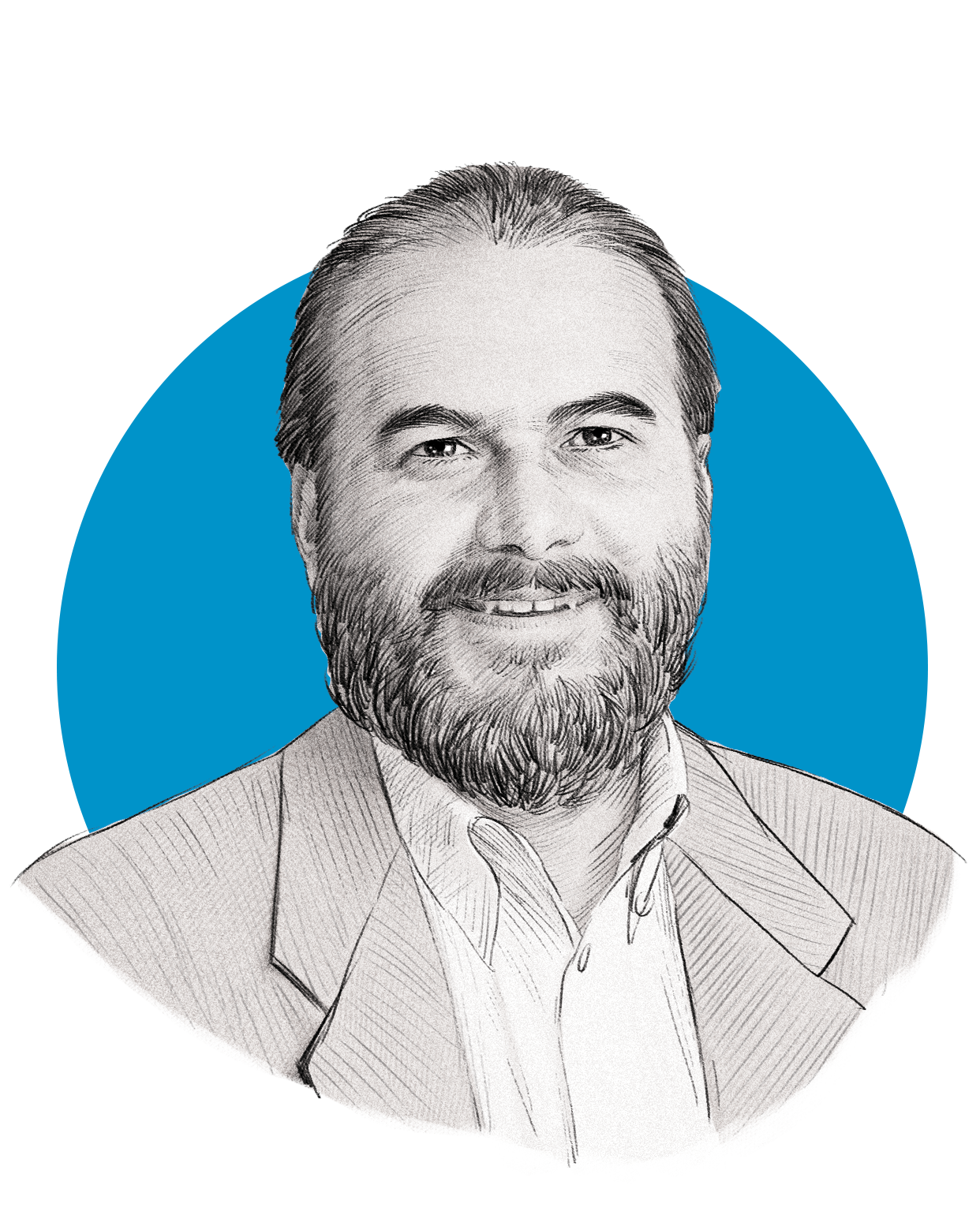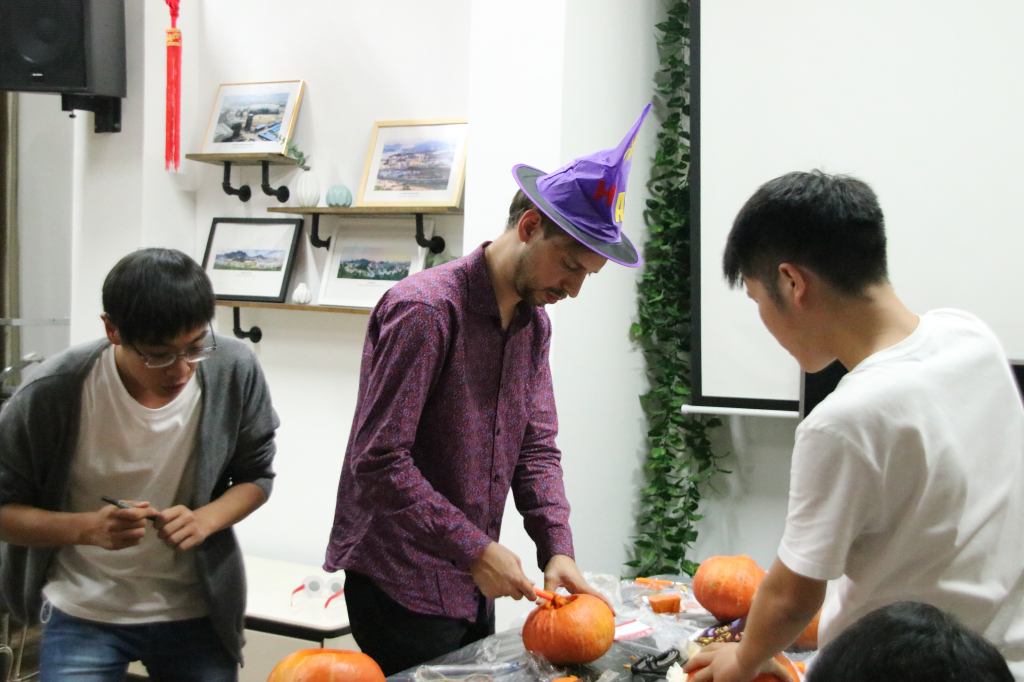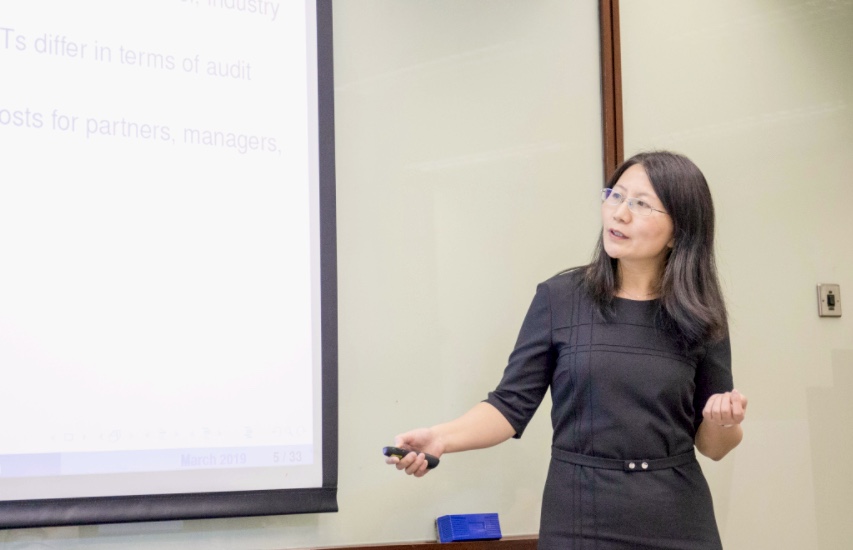The COVID-19 epidemic has exposed and exacerbated the long-neglected inequality problem. Because the evilness of the virus lies not in the destruction of the capital market, but in the destruction of the labor market; not in the destruction of young adults, but in the destruction of the elderly; not in the destruction of the wealthy, but in the destruction of the disadvantaged groups.Focused on inequality problem, the fifth issue of
PKU Financial Review exclusively interviewed Branko Milanović.
Branko Milanović is most known for his work on income distribution and inequality. Since January 2014, he is a visiting presidential professor at the Graduate Center of the City University of New York and an affiliated senior scholar at the Luxembourg Income Study (LIS). He also teaches at the London School of Economics and the Barcelona Institute for International Studies. In 2019 he has been appointed the honorary Maddison Chair at the University of Groningen. Milanović formerly was the lead economist in the World Bank's research department, visiting professor at University of Maryland and Johns Hopkins University. Between 2003 and 2005 he was senior associate at Carnegie Endowment for International Peace in Washington.
PKU Financial Review: In the past, developing countries were dissatisfied with globalization, but now more and more developed countries are joining in the fight against globalization. So will globalization increase inequality? Which groups will benefit from it?
Branko Milanović: One can argue that globalization increases inequality within countries while reducing it between. The reduction of the latter is due principally to China’s and India’s high growth rates. (I am talking of the period before the pandemic.) People who seem not to have benefited from globalization are Western middle classes and this I think explains their dissatisfaction and the rise of the so-called populist politicians and parties in Western Europe and the United States.
PKU Financial Review: How do you view the impact of the epidemic on education? UN Secretary General António Guterres said this epidemic was the biggest blow to education in history, exacerbating inequalities in education. Because poor children can't go to school, and they don't have computers, tablets or the Internet. Do you have any thoughts on future strategies to combat educational inequality?
Branko Milanović: Yes, I think he was right. The pandemic has exacerbated inequality in education. If some children do not have access to Internet, they cannot study. So inequality increases—and not only the “observed” inequality in knowledge but also a very pernicious social inequality. Some children may be ashamed that their parents are not rich enough to have internet at home. This is something that can leave scars in people’s lives.
PKU Financial Review: In many underdeveloped countries, the epidemic started in poor areas, and even in Hong Kong, China. Because many people live together and even share toilets. Is this a kind of spatial inequality? Should the government set up a standard housing code from the perspective of the virus and epidemic?
Branko Milanović: Yes, you are right. The same happened in Singapore where the flare-up of epidemic was driven by foreign workers who live in very crowded space and in unsanitary conditions. What the pandemic showed is that rich people cannot separate themselves from the rest of the world, and from certain kinds of inequalities. If the epidemic flares up in one part of the city among the poor people, it is hard to escape from it even if you live in a rich part of the city. It is a reminder that, for some phenomena like epidemics or climate change, we are all affected. I do think that it is right that the governments should impose certain minimal housing and cleanliness codes.
PKU Financial Review: During this epidemic, compared to the whites, people of color have higher unemployment rate and higher case fatality rates for COVID-19. Doctors without Borders, a nonprofit organization, urged people to abandon patents and cooperate in fighting the epidemic. IBM, Microsoft, Amazon and other multinational companies and research institutions have proposed the Open COVID Pledge, agreeing to devote their intellectual property to fight the epidemic for free. Even before the epidemic, the gap between the rich and poor had led to growing dissatisfaction with the monopoly of high drug prices brought by patents. In your opinion, what is the balance between reducing health inequalities and protecting intellectual property rights?
Branko Milanović: This is a very difficult questions. Epidemic is obviously an extreme situation. I principle, IPRs should take second place to fighting the epidemics. It is like in a war. When you wage a war, many other important things have to be left aside or ignored. The same thing is true here. However, I have some doubts how realistic are these attempts to, for example, create a global vaccine available to everyone. We do see that different countries vie who would be the first to produce the vaccine and will use the vaccine for commercial purposes. I understand this, in part, because companies also need to make money from vaccines: if you decide in advance that they must not make profit, then they will not invest resources in the research and production of the vaccine. And we shall be all worse-off. So I agree that intellectual property right have to be respected: perhaps the returns (profit) on vaccine production could be spread over time, that is the amount paid to companies right now may be less but the intellectual protection (and extra profit) will last over the longer time-period.
PKU Financial Review: What do you think is the main cause of inequality? Capital to income ratio? Unequal distribution of income? What should the government do? Why can’t tax and welfare policies solve inequality efficiently?
Branko Milanović: There is no one single cause. Many causes interact. Surely, in developed countries, higher share of capital income, especially because capital is highly concentrated, plays an important role. But lower tax rates on the rich, or lower tax rate on capital income than labor income, also play a role too. Or the absence or very low level of inheritance taxation which allows for the economic advantages to be transferred across generations. This is such a huge question that it is difficult to deal with it in an short interview like this. It would require at least an essay.
PKU Financial Review: Recently, Joe Biden said that he would increase tax on real-estate to raise money to stimulate the economy. What do you think of this approach?
Branko Milanović: I think the US needs to increase taxation of both very high incomes and inheritance. It should not, and it cannot (because of globalization pressures) increase taxes on the middle classes, but the very top of the income distribution (the top 1 pecent, and probably an even smaller group) often pay an unreasonably low tax rate because they are able to use numerous tax advantages and loopholes. This is an illogical situation where super rich people pay tax rates of 15% or less, while people whose only source of income is an average wage pay a tax rate of 25%. This should change for both equity and efficiency reasons.
PKU Financial Review: How do you see the impact of real zero or negative interest rate on wealth inequality? For example, many people believe that low interest rates lead to the stock market boom, increasing consumption and stimulating the economy, instead of causing inequality. What do you think of this view?
Branko Milanović: I have not worked on that, so I cannot say much. But yes, lower interest rates increase nominal wealth (if the yield is constant as in government bonds, then a low interest rate means that the value of the bond is greater). They also, it is argued, boost the stock market and increase wealth inequality. On the other hand one should also keep in mind that a low interest rate means a low return on one’s financial savings. If you have a million dollars in savings but the interest rate is zero, you will get zero net capital income. So, I think, the effect is not uni-directional.
It is however a new situation. We have never had the experience of sustained extremely low nominal interest rates while the liquidity in the system has increased many times. It is hard to believe that eventually it will not stoke up inflation.
PKU Financial Review: During this epidemic, low-income groups (without network coverage) are more likely to lose their jobs. We found that inequality is not just about income, but also about chance, race, health, digital divide, and all kinds of inequality in asset allocation. What can finance do in the process of narrowing inequality?
Branko Milanović: Financing of wages is a palliative solution while the epidemic lasts. It needs to cover up, in part, for the lost wages and for the lost company profits. It is the right policy to follow at the time of the pandemic. But the longer the pandemic lasts, the more difficult it is to keep on using this policy. This is why it is important to fight the pandemic first with all the means. Once you have it under control, you can open up gradually the economy. And diminish the need for government payment of salaries.
 Branko Milanović, most known for his work on income distribution and inequality
Branko Milanović, most known for his work on income distribution and inequality
Honorary Maddison Chair at the University of Groningen
The Chinese version of this article is published in PKU Financial Review, an academic publication initiated by PHBS and Peking University HSBC Financial Research Institute. Sponsored by the Nanfang Media Group, it focuses on cutting-edge theories and critical practice in the finance field, creating an open platform to promote academic research and industry innovation in China's financial sector.
Edited by Du Wenxin and Annie Jin
















